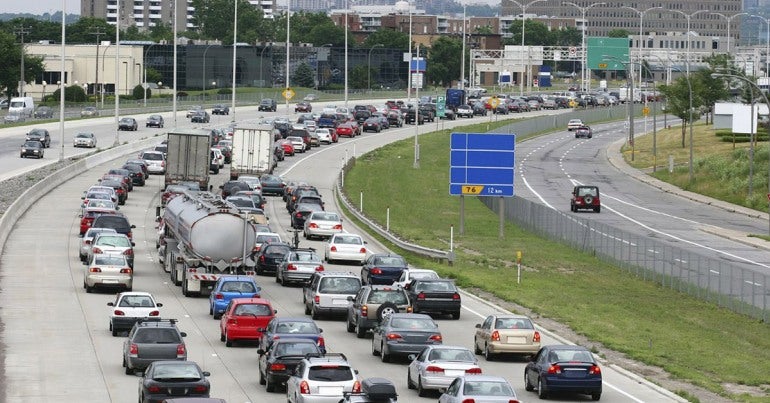A land transfer tax is a percentage charged on the sale of a property. It can be made more progressive by levying a smaller percentage from properties of lower value.
A better way
In 2012, the City of Toronto’s land transfer tax generated more than $344 million in revenue.
 Highlights
Highlights
- Land transfer taxes are progressive when higher rates are levied for higher property values
- First-time property owners are often eligible for a rebate
- Revenue grows with property values and sales
How does it work?
Land transfer taxes are usually applied on a percentage basis every time a property changes hands. The buyer is charged based on the purchase price of the property, and the percentage they pay usually increases as the price goes up.
Revenues from land transfer taxes grow with the economy, increasing as property values and sales go up.
Who uses it now?
In Toronto, a municipal land transfer tax is levied in addition to the provincial land transfer tax, and the rate rises with property values. First-time homebuyers receive a partial rebate.
In Quebec, the province sets the land transfer tax rate, and the revenues are collected and used locally. Montreal’s rates differ slightly both in amount and how they are calculated, but all of the rates increase with property values.
Nova Scotia municipalities are allowed to levy a deed transfer tax, similar to a land transfer tax, and can set their own rates up to a maximum of 1.5 per cent of the sale price.

